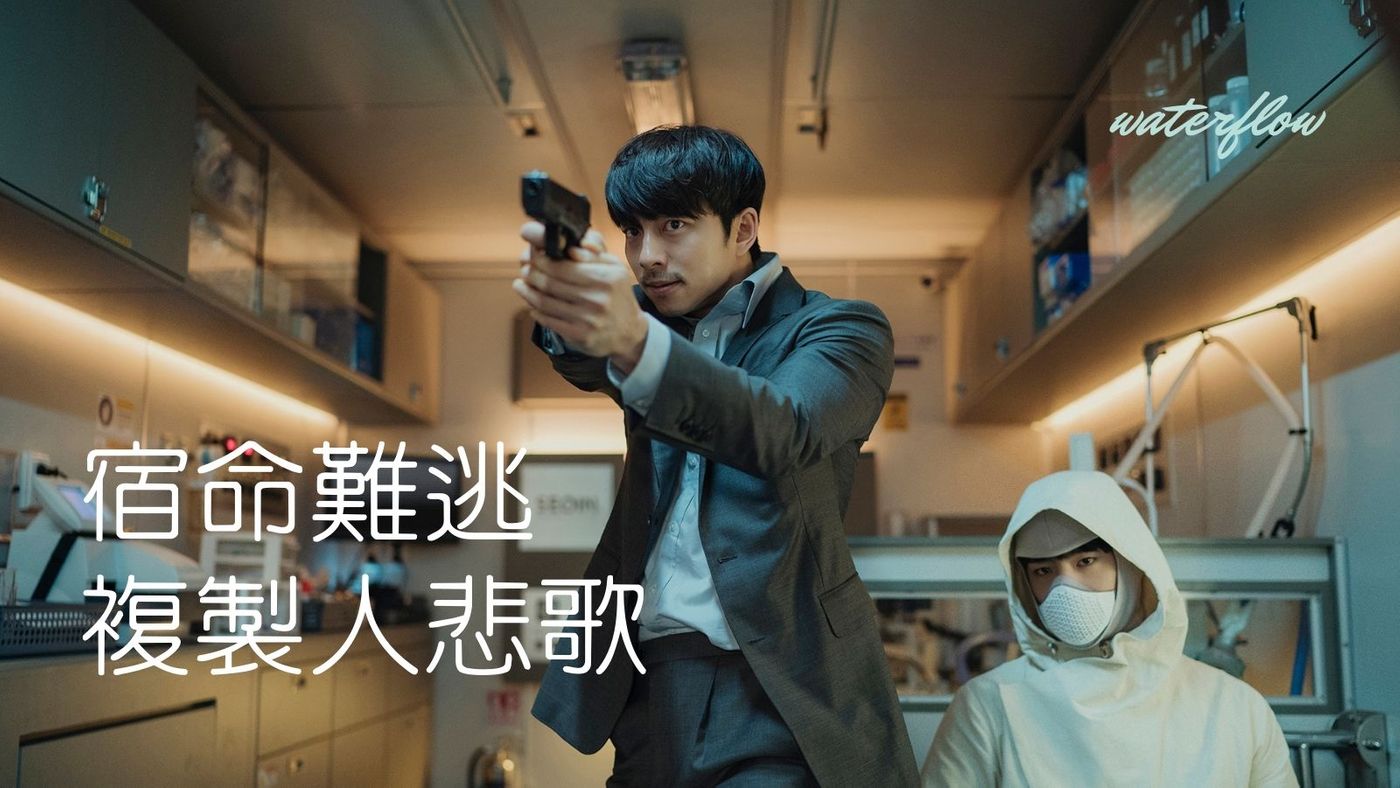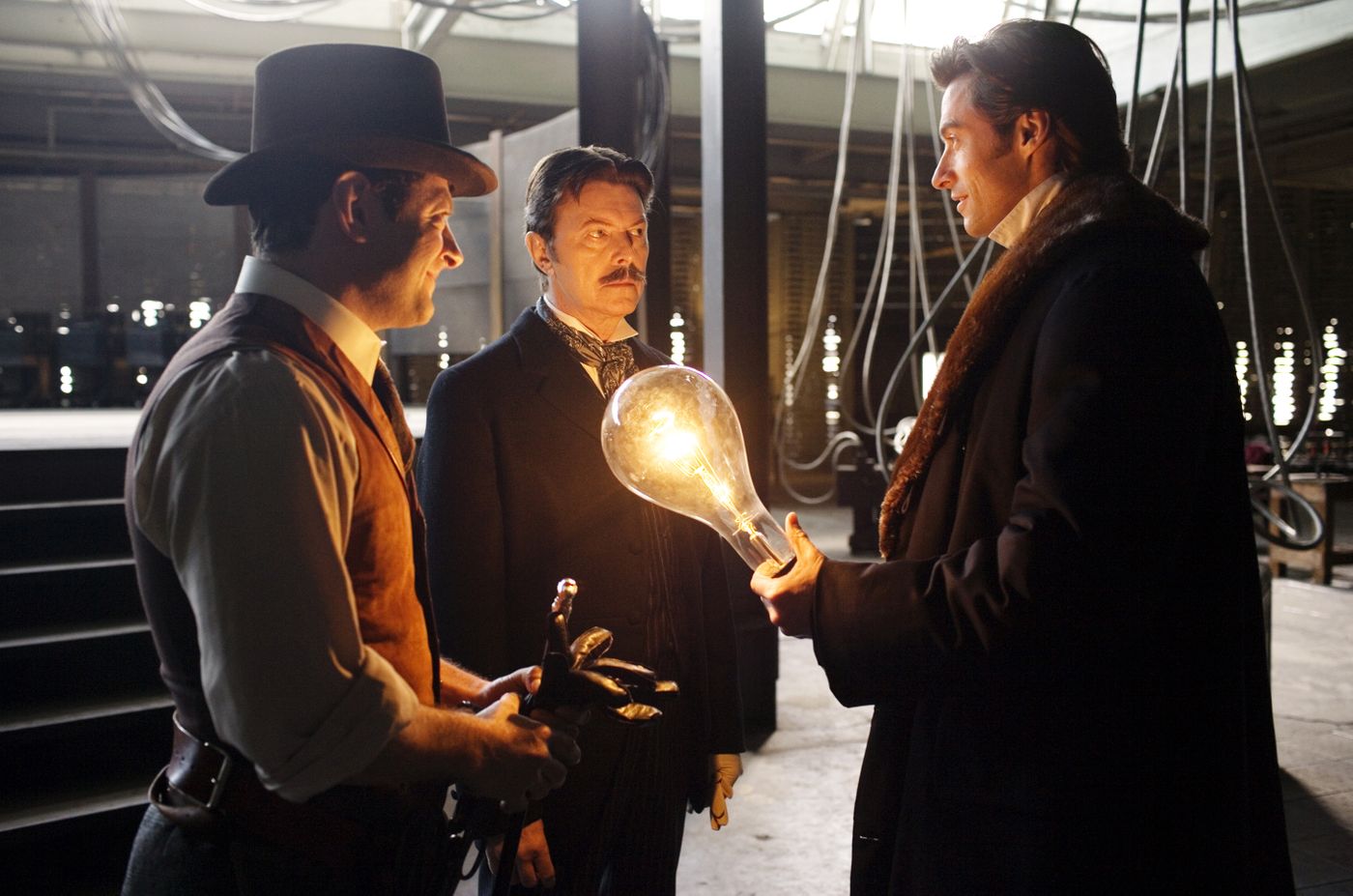[Movie] Fate is inevitable, the Elegy of the replicants
Touted as the first sci-fi action movie of replicants in Korean film history, "Replicant Xu Fu" not only writes the story of replicants, but also plays the elegy of replicants, echoing the fatalism of replicants in similar films.

Novels, movies and other creations with the theme of replicants, whether it is action, suspense, or humanities, regardless of the genre or pretense, the works are mostly about moral philosophy and identity issues such as whether replicators are human or not. Replicants are created by human beings for certain purposes, and those goals are mostly cruel and terrifying. Whether the replicators can escape their fate has become the development axis of the story. However, looking at many similar works, the fate of the replicators in the story is often It is not very good for the end, but it achieves a certain effect of alerting the world and alerting mankind. In addition, the story of replicants and the stories of androids/humanoid robots complement each other, and the two can be used as a reference for each other, because both replicators and androids are derived from human beings and face similar situations. Having experienced similar doubts, in this way, the group of works in related categories has grown stronger.
Back to the replicators. For many Hong Kong readers, Ni Kuang Wesley's science fiction series "Backup" may be impressive. The book was originally described as "backup" to describe the replicator. There is also a comic version published by Taiwan Morning Star and drawn by Yang Xiaorong (another cartoonist of the comic series is Li Zhida, a famous Hong Kong cartoonist). , also quite faithful to the original. "Backup" tells the story of a Lerman hospital located in Switzerland. It was originally established to develop cutting-edge technology and medical purposes for replicants. They also trained a group of secret agents to make powerful dignitaries from all over the world, as well as wealthy and rival countries. The rich, with a little injury and a little blood, those blood cells, after being sent to the Lerman Hospital, through asexual reproduction, cultivated into adults, and grown to be exactly the same as those super tycoons. They have been kept in the hospital, receiving the best care, in good health, ready for any need. When those big men are terminally ill and modern medicine is helpless, Lerman Hospital will send staff to negotiate and provide their backup people with healthy organs As a replacement, since the organs belong to the same person, there is no such problem as rejection after transplantation, so the operation is absolutely successful. Of course, Lerman Hospital is not a charity, and the operation fee is astonishingly expensive, but compared to their wealth, the most important thing for politicians and rich people is their life.

In terms of today's moral concept, this story is of course disgusting and intolerable. "Fortunately", the backup people who were cultivated were all without intelligence and consciousness, but even such a creature, if its heart and stomach were casually cut off, would have no effect. so called? A group of people at Lerman Hospital coldly used "spare tires in car trunks" and "backup players of football teams" to describe the matter of organ replacement. Wesley mentioned at the end of the article: "In the eyes of the backup people, it seems that Seeing the loss and helplessness, it is like they know their own destiny deep down in their hearts." He explained his doubts and feelings about the "backup" thing.
The backup man of "Backup" doesn't seem to think about it, but if there seems to be a movie adaptation of Kazuo Ishiguro's masterpiece "Don't Let Me Go", or the famous director Christopher Kazuoka. Just like Lu Lan's "Death Magic", the replicants have sound and mature human intelligence at all, and they are not even different from the deity. Their organs are harvested until the body can no longer bear it ("Don't Let Me Go"), and even the whole is replaced. ("Death Magic". But what's even more paradoxical about this work is that there is no difference between the deity and the replicator. In short, whoever is locked in the trap will die in order to achieve the great cause of magician), what do the readers think? Or should I still quote Wesley in "Backup", people's values for life are extremely self-centered. If they need to use "backup", will they think about themselves first, or the life of the backup? "He's just a cell in my body, and I don't know how many cells are dying every day." This may be the last understanding of you, me, him, and her in the desperate situation of life.

Like "Backup" and "Don't Let Me Go", Xu Fu (played by Park Bo Gum), the replicator of "Replicant Xu Fu" directed by Li Rongzhou, was also created for medical purposes. This replicant named after Xu Fu, who was sent by Qin Shihuang to search for the medicine of immortality, is immortal to a certain extent, as long as he is obediently given regular injections of depressants and avoids a fatal blow, but immortality is a curse on him. , because at the end of the play, he was created for the purpose of forever being extracted from the bone marrow. The director of the research institute agreed with the scientists in "Backup", saying that it was no different from extracting insulin from laboratory pigs.
The image of Xu Fu/replicant portrayed in the play is innocent, curious, well-behaved, and even smart. It matches Park Bao Gum's handsome appearance, which is of course pleasing, making it easier for the audience to stand in the perspective of Xu Fu/replicant and think about the film and even bring out similar films. issue. However, "Replicant Xu Fu" has also developed scenes of "Akira"-like children possessing superpowers and even self-destruction, which may give people the feeling that the theme has not yet been settled, but waves are not settled. However, this also seems to extend the primitive fear of human beings that cannot be controlled by cutting-edge technology such as replicators.

There are also many parts of the play that are well written, and they are shown through Qi Xian and Xu Fu, the protagonists who are tied to each other's life and death. Xu Fu, who lives forever, wants to die, but the former special attack Qi Xian (Kong Liu), who is about to die, is desperate to survive. This contradictory contrast is subtle. Qi Xian also said some thought-provoking words: "Do I want to live, or do I want to live? Are you just afraid of death?" And in the play, sleep is used as a metaphor for death, as if Xu Fu never sleeps; Qi Xian fainted many times and wandered around the gate of hell, and after waking up, he simply said "sleep"; Xu Fu knew his terrible fate and wanted to go back to the experiment Room, telling Qixian "you can get a good night's sleep", etc., are all reminiscent. The contradictory contrast between Qi Xian and Xu Fu, a veritable life-and-death relationship, is also seen in the fact that the former clearly takes the responsibility of protecting the latter, but in the end, he is the one who shoots a deadly bullet into his heart.
Similar to similar works, the ending of "The Replicant Xu Fu" directly denounces the arrogance of human beings who claim to be God's intention to control life, but in the end, they committed suicide and were attacked. Another paradox is that since the replicators were created by humans for "backup" and other purposes, they are out of the blue. They not only enjoy immortality to a certain extent, but also have superpowers that are invincible. Since they surpass humans, who can Is the backup, who is the main election?
(Original published in the supplement of Hong Kong's "Sing Tao Daily" on April 29, 2021)

Like my work? Don't forget to support and clap, let me know that you are with me on the road of creation. Keep this enthusiasm together!

- Author
- More